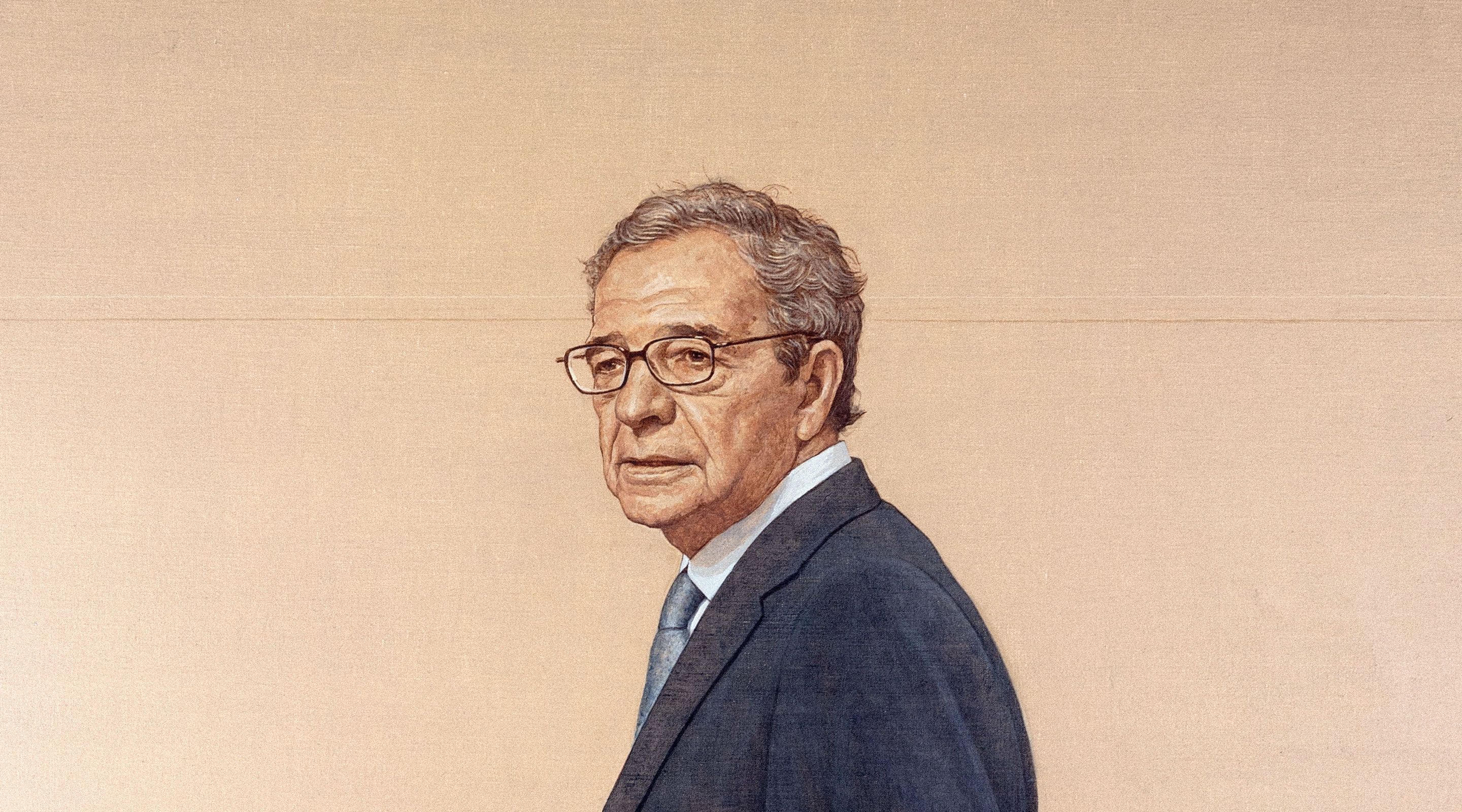
2000
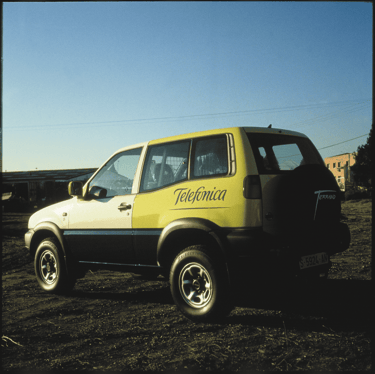
The longest-serving chairman in recent times arrives at Telefónica, and will remain so for 16 years: César Alierta. The international expansion is unstoppable and in the home market, Telefónica opens its network to competition.
Alierta's Telefónica
01
In the summer of 2000, a new chairman arrived at Telefónica from Altadis - the merger of Tabacalera with the French company Seita - who would become the longest-serving in recent decades. César Alierta, a lawyer with an MBA from Columbia University in New York and an expert in markets, would leave a mark on the company and the entire sector for his way of understanding the relationship between the different agents in the digital world. During his chairmanship, Telefónica explored markets such as China and Israel, recovered cash remuneration for shareholders and became a relevant operator in the British and German markets with the purchase of O2, the great corporate operation of the early 2000s.
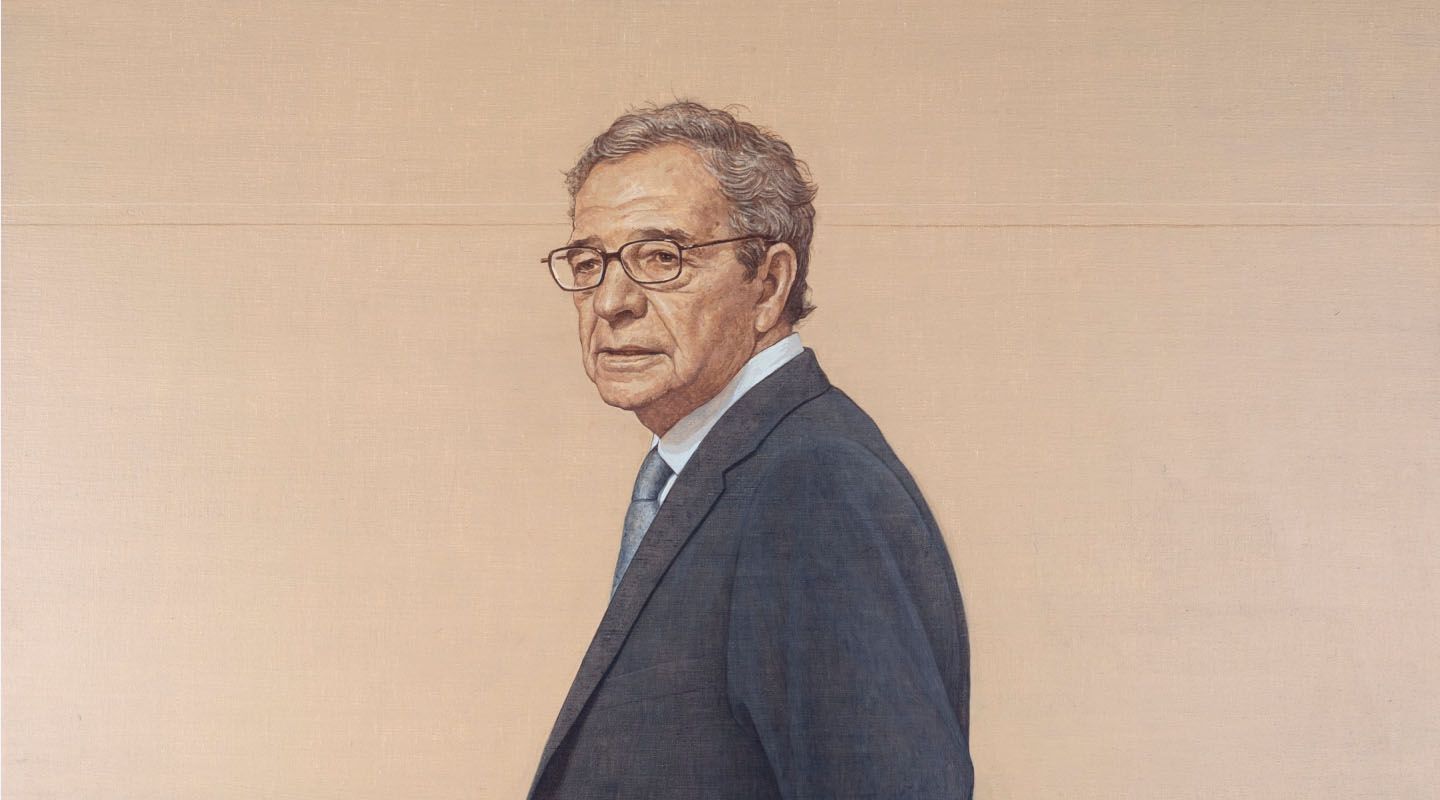
Operation Veronica: a major investment in Latin America
02
Telefónica begins this century with a major change of model, launching "Operation Verónica". We pursued control of 100% of the shares of Telefónica Argentina, Telesp (in Brazil) and Telefónica del Perú through a takeover bid. Through road shows in different countries with shareholders, which were a success, Telefónica achieved its goal. In 2000, the operation led to the creation of Telefónica Móviles SA, which would group together all mobile operations in Latin America, with the exception of Chile and Puerto Rico. A major player in the international growth movements at this stage, it was listed this year on the Madrid and New York stock exchanges, and managed to become one of the ten largest groups in the world in terms of customer volume.
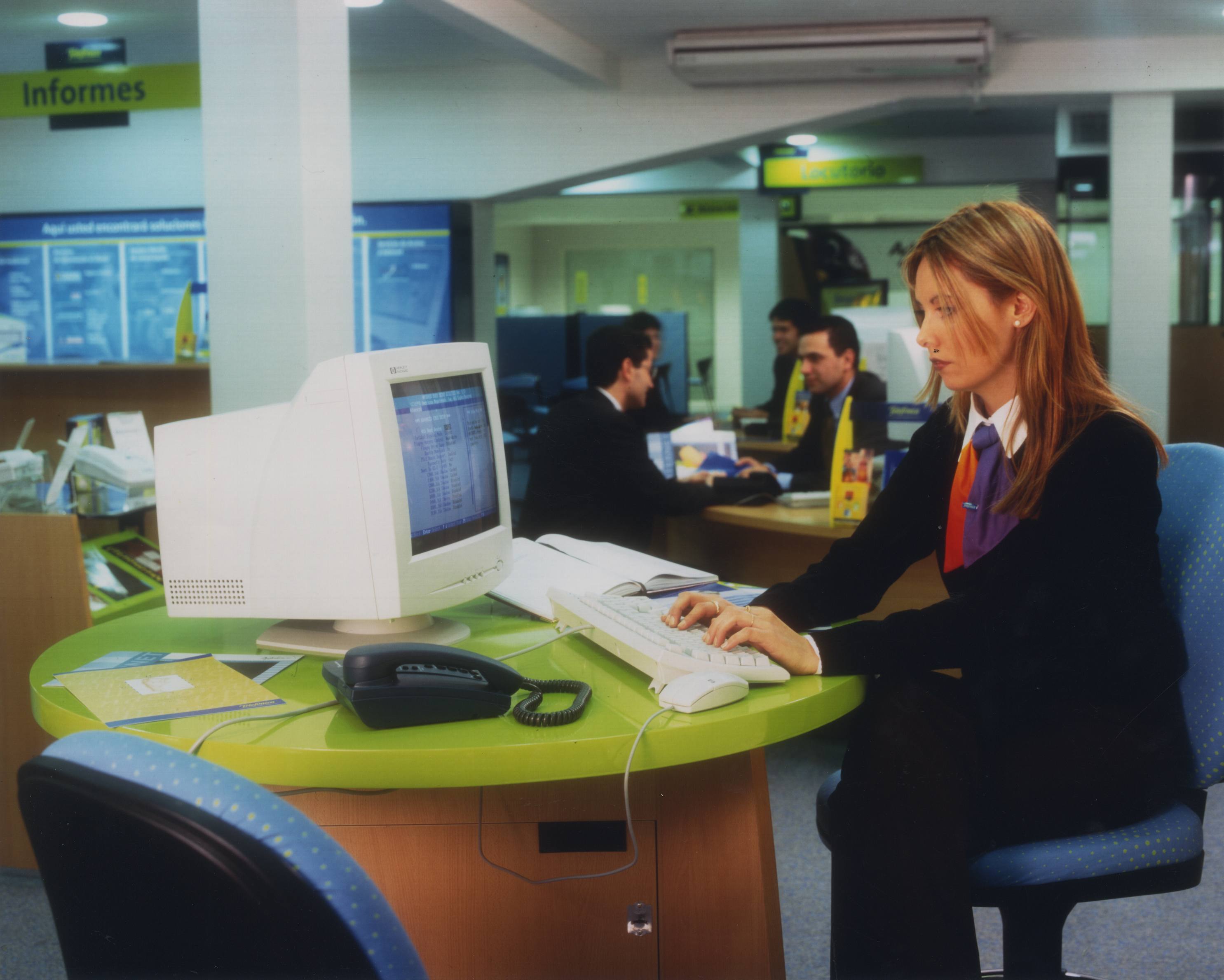
UMTS licensing madness
03
And the new mobile generation, 3G, arrived in Europe, far surpassing the data transmission limitations of GSM. The mobile sector, with its spectacular growth, unleashed greed. The European states that had to award the new licences through auctions saw the skies open to collect and the operators, even with partners from all sectors, entered the fray so as not to be left out of this lucrative market. In 2000, Telefónica is awarded licences in Spain, Germany, Italy, Austria and Switzerland, at very high prices (in total, in Europe, there was a transfer of more than 150 billion euros from the private to the public sector, the largest in history outside of taxation), which provoked a major crisis on this continent. Two years later, in 2002, Telefónica bravely and transparently steps forward and finally exits all 3G operations outside Spain. As a result of this decision, the company's accounts for this year showed the first loss of profit in its history. This crisis brought good lessons and prevented such mistakes in future technological developments.
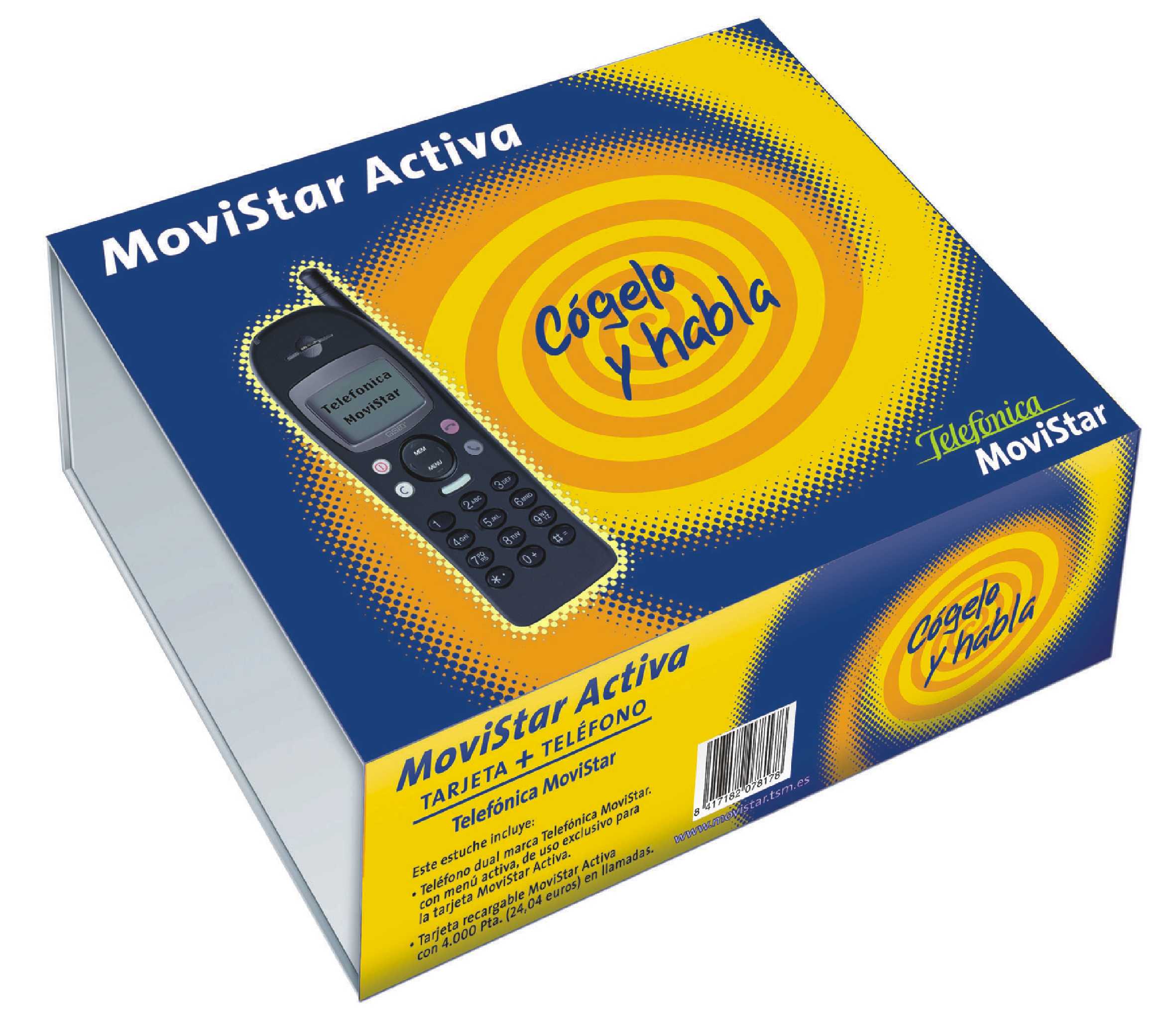
Another step in liberalisation: Local loop unbundling and flat rate
04
Another stage in the liberalisation process begins in 2000, with the opening of the local loop to competition in November, so that they can offer their customers local telephone calls. This will oblige users, in a first phase, until 2001, to dial the prefix of their chosen operator. In addition, following the government's approval in June of an Internet flat rate of 2,750 pesetas (just under 18 euros) per month for the dominant operator, this year we began to offer our customers this flat rate, with two types of vouchers, for 700 pesetas per month (4.2 euros), access to 600 minutes of voice and data service. Without any time restrictions, the price was as high as 1,400 pesetas (8.4 euros).
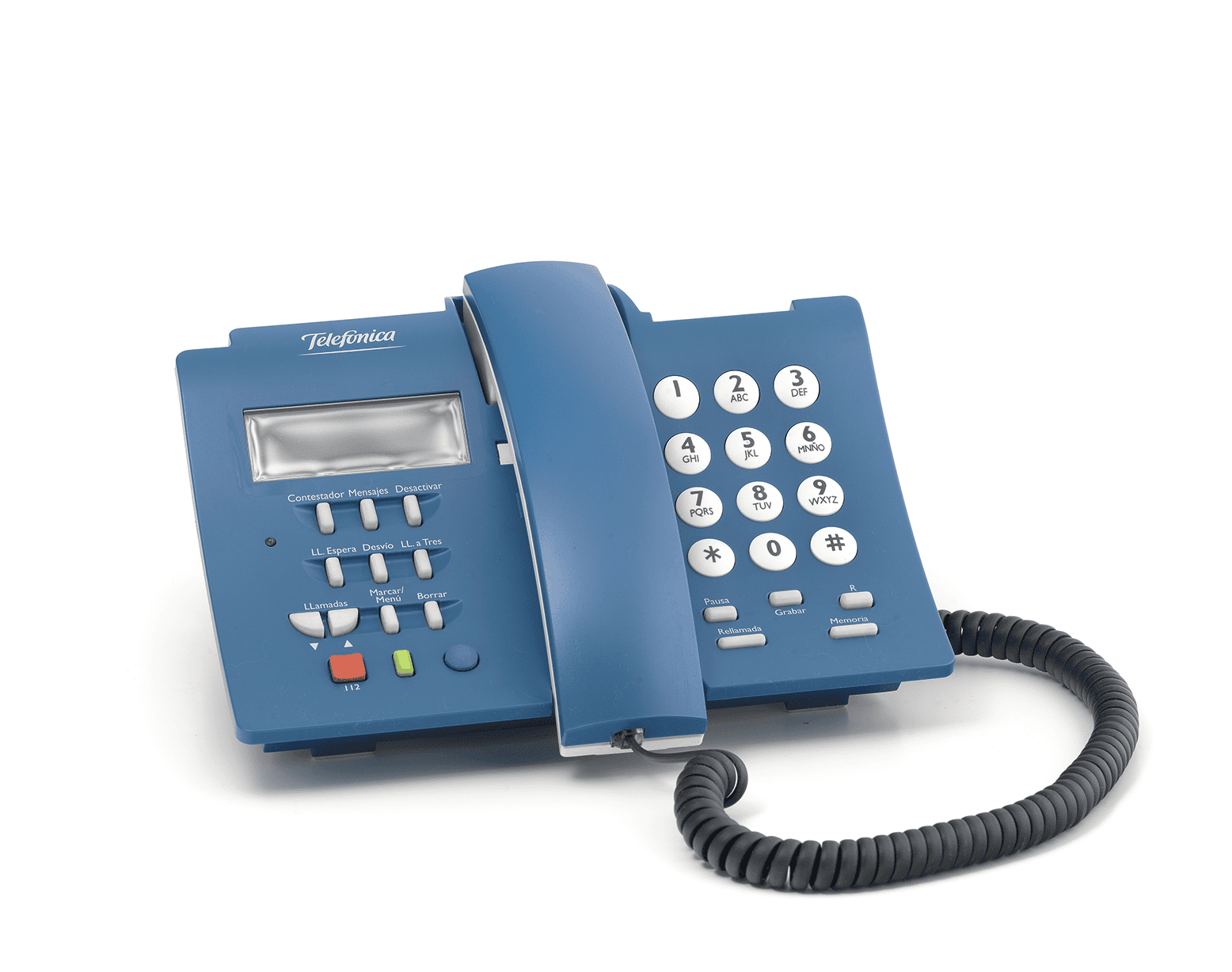
Do you have doubts about what happened?
Ask Aura